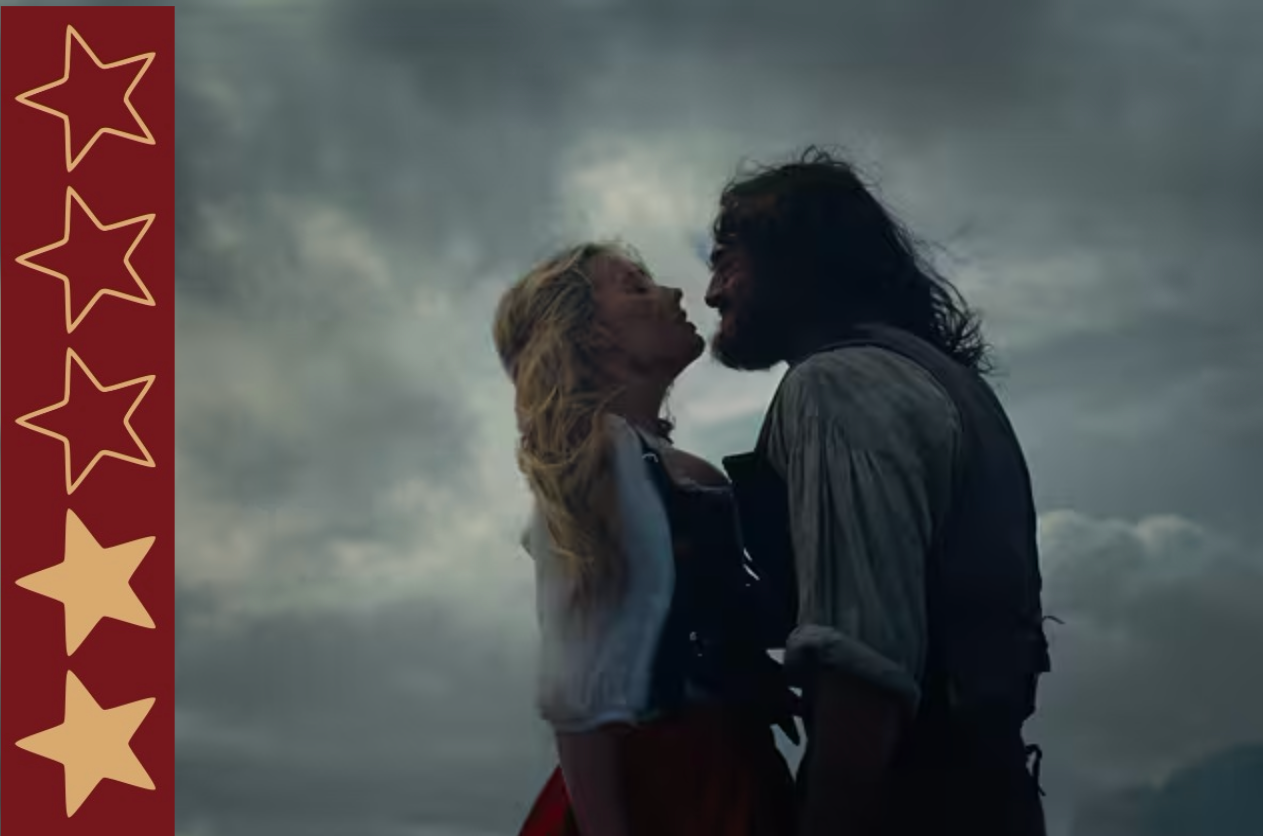By Samantha Kilford, First Year, English Literature
He’s probably best known as the director who breathed much needed life into Marvel’s lacklustre Thor franchise, but Taika Waititi has proven himself to be a true trailblazer in the world of film.
Born on the 16th August 1975 to a schoolteacher and an artist in Raukokore, New Zealand, Waititi quickly gave up on ambitions to be a painter or deep-sea diver in favour of a career in the arts. To say he has been incredibly successful would be an understatement. After graduating from Victoria University with a degree in Theatre and Film, he earned a Best Actor nomination in the NZ Film Awards for his role as lothario student, Alex, in the low-budget film Scarfies (1999) and received New Zealand’s highest comedy accolade, the Billy T Award, in 1999 for comedy duo The Humourbeasts alongside his frequent collaborator Jemaine Clement.
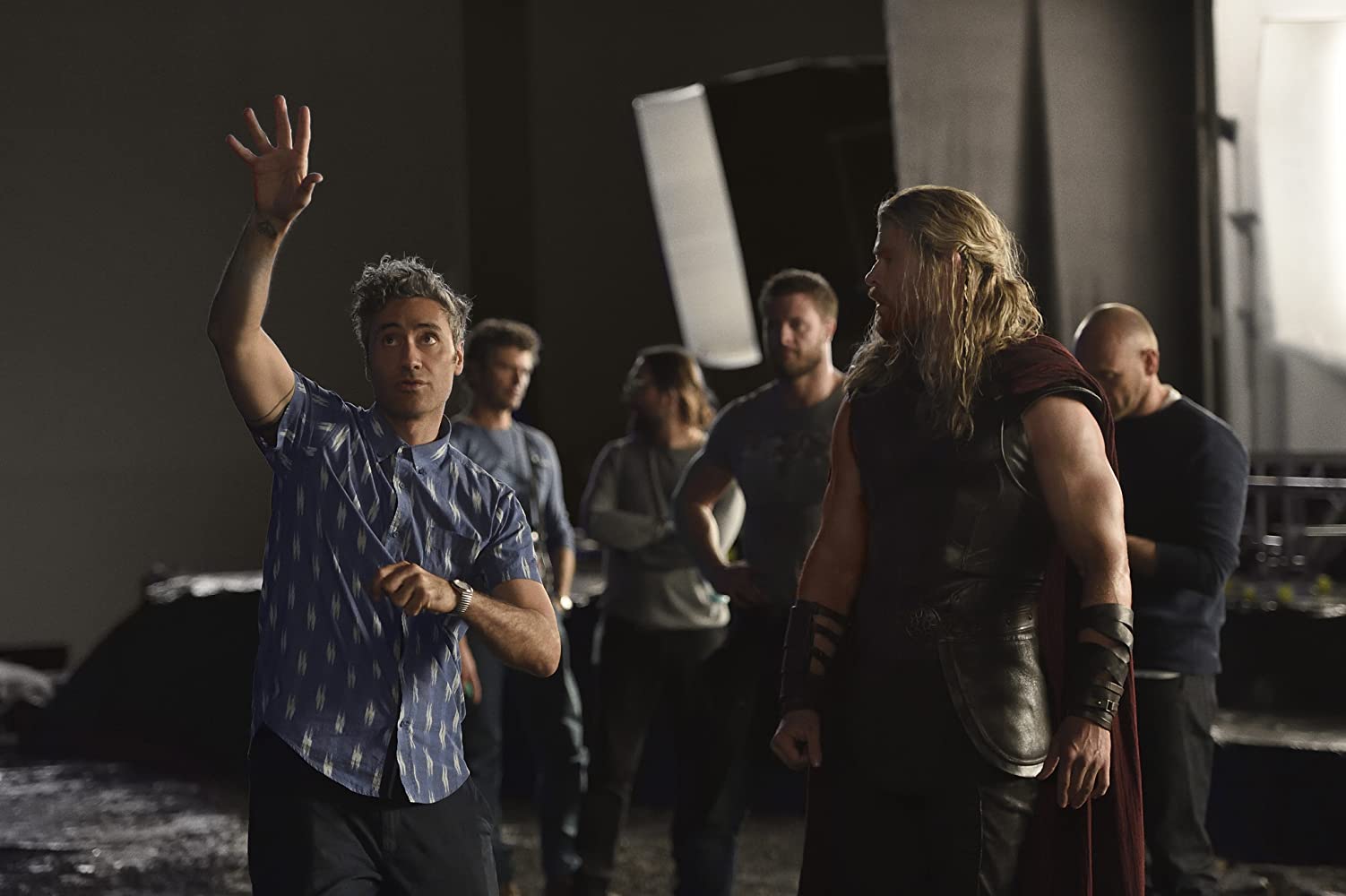
Tired of being offered film roles where he was expected to play the comedic relief, Waititi opted to make his own stories. His early career is a far cry from the big-budget superhero world of Thor: Waititi initially debuted his stand-up characters on the streets of Wellington. Jemaine Clement recalls that ‘he had a bunch of different teeth and wigs’ which were so convincing that Clement himself didn’t even recognise Waititi when he approached him in character on the street. Unsurprisingly, Hollywood quickly came calling.
Two Cars, One Night (2004), written and directed by Waititi, was nominated for Best Live Action Short at the 2005 Academy Awards. His 48-hour short film winner, Heinous Crime, made back in 2004 would later go on to pave the way for Waititi and Clement’s vampire mockumentary What We Do in the Shadows (2014).
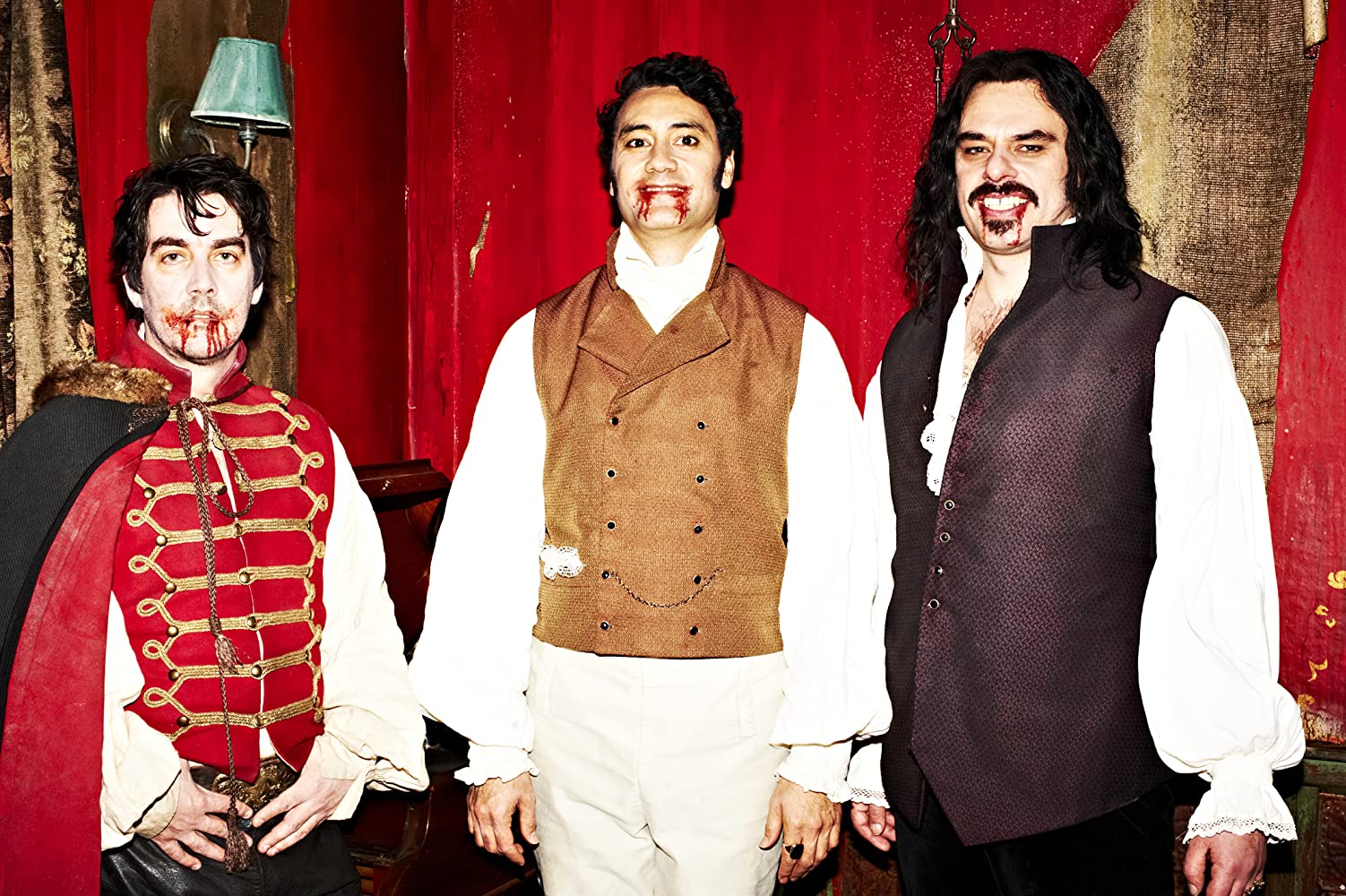
His next project, an adventure-comedy about a father figure and foster son who flee into the New Zealand bush after becoming targets of a manhunt, couldn’t have been more of a polar opposite. Hunt for the Wilderpeople (2016), a small family-friendly Kiwi film devoid of blood and swearwolves, found its way onto Rotten Tomatoes’ top 100 films of all time and was Empire magazine’s film of the year.
While he may fit the mould of a creative and bold director plucked from the realms of indiedom and thrust at the center of a big-budget franchise, Waititi is also the first Indigenous person to be given the reins of a superhero movie. His off-beat, quirky comedy-dramas topped the New Zealand box office and are some of the most popular Kiwi films to ever be made. When asked to describe Thor: Ragnarok (2017), he used the term ‘Taika-esque” which, while it sounds nonsensical, is strangely fitting. It doesn’t matter how different the subject matter of his project whether it be vampires in a flat-share or a coming-of-age tale, Waititi’s treatment of them and his sly, but warm humour and quick-wit is what makes his style so distinct, enjoyable and, well, “Taika-esque”.
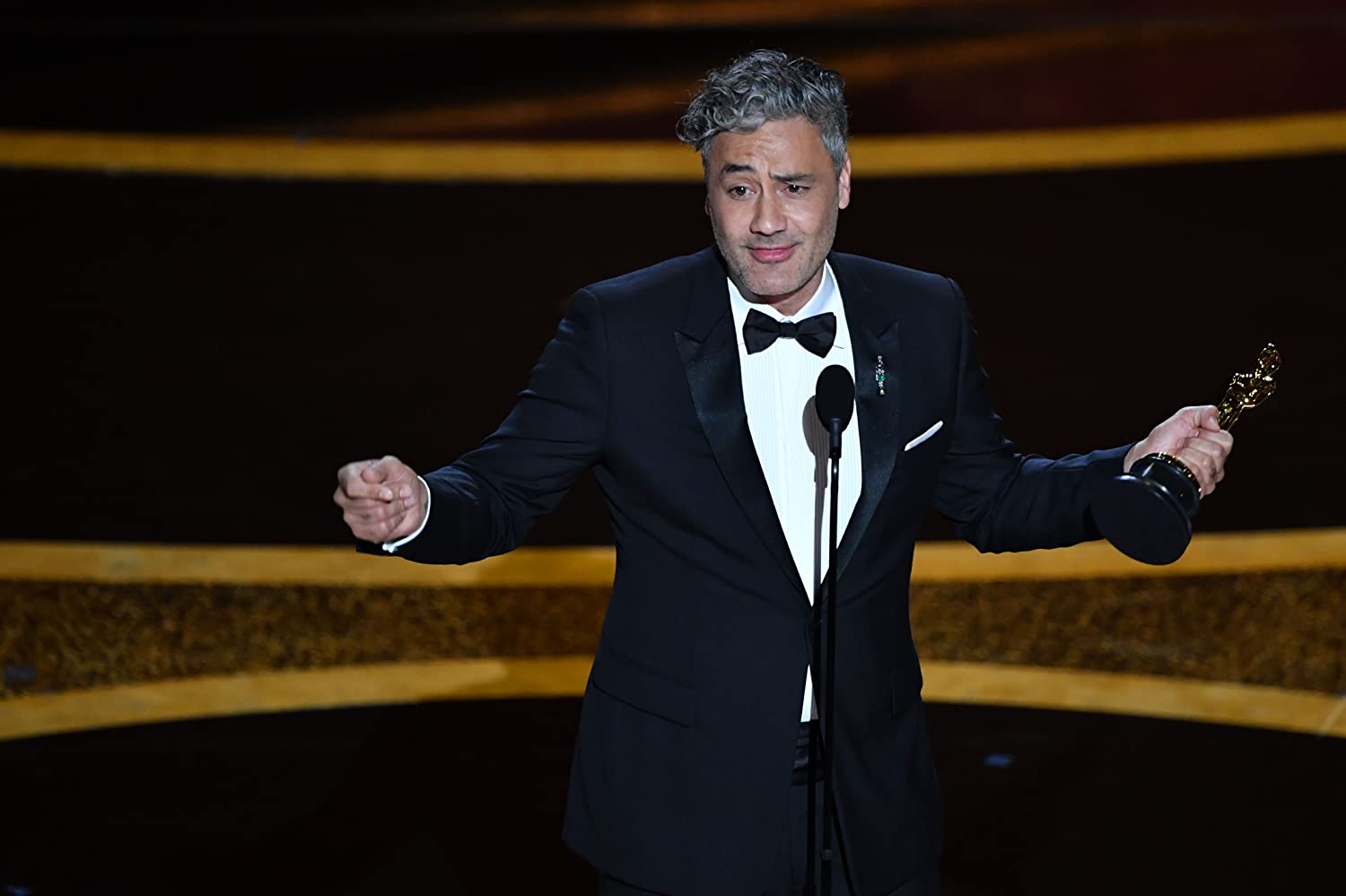
Earlier this year, Waititi, who is of Māori heritage, from the Te Whanau-a-Apanui tribe, made Oscars history when he won Best Adapted Screenplay for his World War II satire Jojo Rabbit (2019). In doing so, he became the first indigenous director to win an Oscar and subsequently dedicated his award to ‘all the indigenous kids that live in the world who want to do art and dance and write stories. We are the original storytellers and we can make it here, as well.’
And that’s what makes Waititi so special. His pride and his passion for his heritage is evident in many, if not all, of his projects. On the first day of filming for Thor: Ragnarok, Waititi greeted the production in a land acknowledgment ceremony complete with a Māori celebrant who delivered a blessing in te reo Māori, the language of New Zealand’s indigenous culture. He revealed that he even dropped a bunch of easter eggs in Ragnarok for Australians and Kiwis with an Indigenous focus, telling Screen Australia, ‘I wanted to fill it with a few in-jokes… For me anyway, it would just ground me… so while I'm making this giant Marvel movie I could look around and go, ‘That spaceship, that's painted with the Aboriginal flag colours. No one else knows that but us.’ And Valkyrie's spaceship has the colours of the Tino Rangatiratanga flag… So there's lots of little things that would just, for me, help make it actually a true Australian film rather than, ‘Oh, they just shot a movie in Australia’.
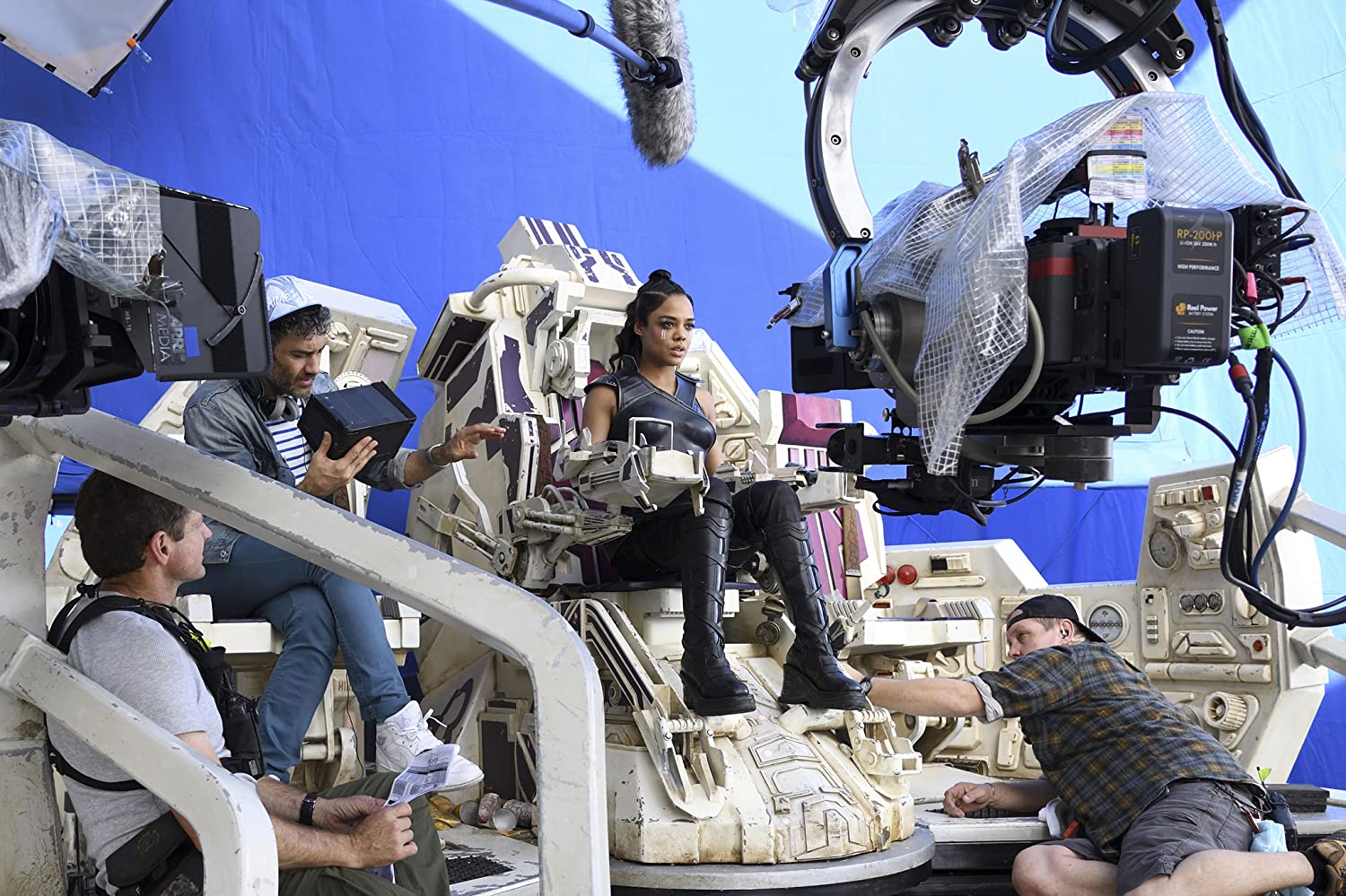
In an industry rife with performative activism, Waititi not only talks the talk: he walks the walk. There’s the constant mention of how important and integral diversity is in filmmaking, however, seeing a filmmaker not only take representation into consideration, but also ensure that it’s present and at the heart of their projects is a breath of fresh air. Waititi goes that extra step further to make good on his promises by hiring Indigenous people to work on Thor and most recently, signing a group of Māori writers to his production company, Piki Films, to work on two feature films and a TV series about colonisation. Waititi aims to put ‘indigenous voices at the centre’ of the creative teams as well as approaching casting with a similar spirit.
Post-Oscar win, he told Variety that growing up in New Zealand, activities such as dancing and doing art ‘were frowned upon, or seen as weird’ and that while ‘it has changed a lot, there’s still pockets in New Zealand and around the world of kids who think they need to give up storytelling, or give up being creative’.
Waititi’s unwavering determination to highlight Indigenous voices and shatter Hollywood’s norms with his innovative vision and clever humour as well as meaningful advocacy makes him a modern-day pioneer in the industry that we should all celebrate.
Featured: Disney, gettyimages.com, Jasin Boland, IMDb, Mark Ralston
Have you seen Taika Waititi's work? Let us know!


